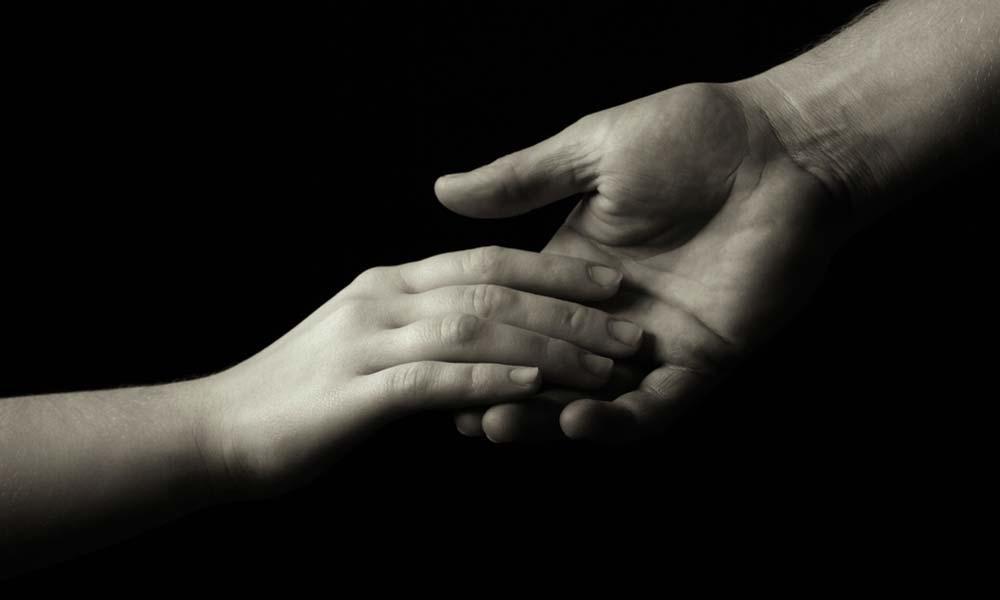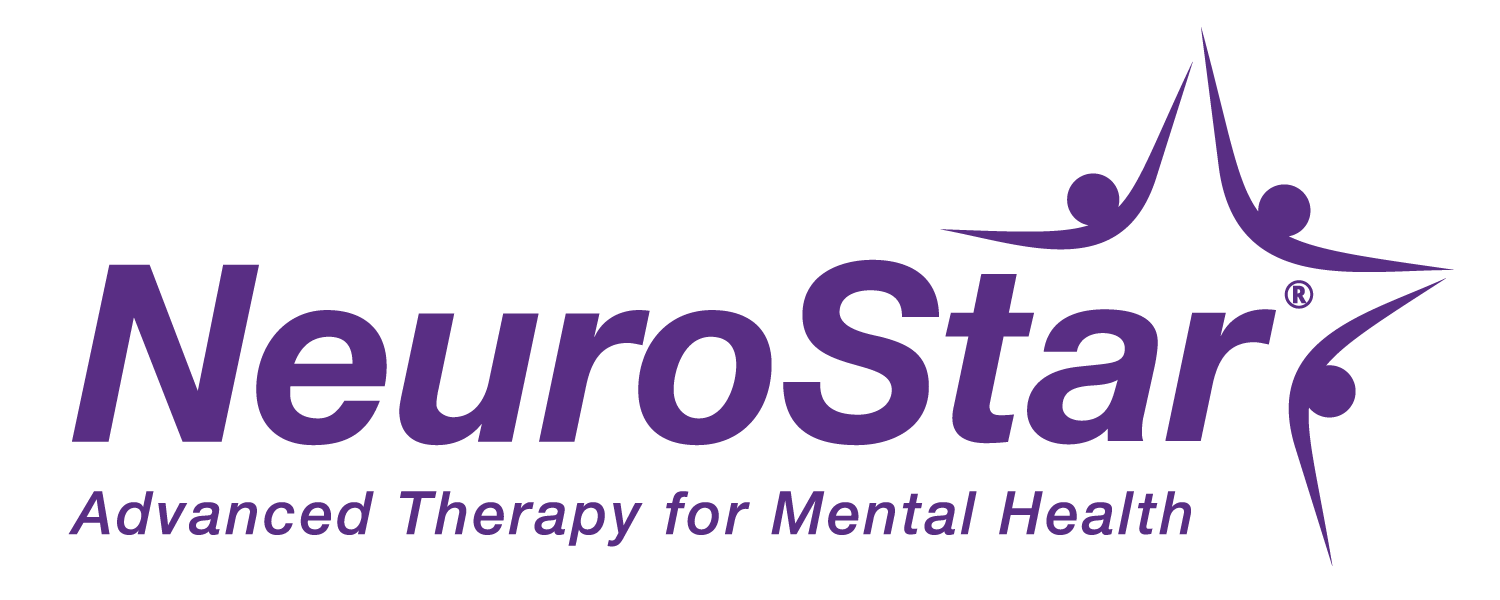It is with heavy hearts and great sadness Truxtun Psychiatric Medical Group and the Psychiatric Wellness Center have felt compelled to address the senseless act that occurred in Las Vegas Sunday night. We know that many of our local community members are greatly affected, directly or indirectly, by this horrific tragedy. As the days pass and the shock begins to fade, a deep sense of loss and grief is likely to settle in.
Our Current Reality
As human beings, we experience a range of emotions during our lifetime. We have all experienced anger, sadness, fear, and guilt in response to a variety of unsettling situations. At times, in the most devastating of circumstances, we might also feel a profound sense of defeat, hopelessness, and even helplessness. These complicated feelings associated with grief are among the most difficult emotions that human beings experience, as we are often filled with deeply overwhelming and seemingly unharnessed fear. The common thread of humanity is our striving to attempt to make sense of utterly senseless acts of violence.
It is impossible to explain–whether motives are provided or not–how or why a person could callously take the life, or lives, of others. Although we will each have a unique way of trying to understand and cope with such circumstances, most of us are left feeling empty with no sufficient explanation. It is normal during the experience of grief and loss to feel desperate, anxious, or perpetually uncomfortable. These feelings can likely change from day to day, and sometimes from minute to minute. Sadly for some, an inability to cope quickly manifests into a significant degree of suffering. For some affected, but especially for individuals closest to the victims, complex grief is a reality and it often leads to a need for intervention.
What We Know
Neuroscience has taught us that we have both an emotional brain and a logical brain. During intense moments of stress or loss, our emotional brain is activated. The activation of the emotional brain in conjunction with our ability to hold and recall memories, while at the same time possess an awareness of limited mortality, disrupts the stable state of the brain. The result is suffering.
As we witness or are a part of the experience of grief and loss, we often feel compelled to say something but freeze because there are simply no words. This occurs for good reason, as there are no words to sufficiently provide when someone close to us is intimately tied to incomprehensible acts of violence and subsequently caught in the agony of suffering. It is normal to feel like you do not have the right words–and this is okay! Know that often comfort does not come in the form of perfect words, rather it is communicated through a compassionate presence along with calm, supportive actions. Know that it is okay to communicate with loved ones by acknowledging the tragedy, expressing your support, and letting them know that you are there for them today and in the days, weeks, months, and years to come. Finally, know that not talking about what happened in Las Vegas will not keep it from having happened–it did happen, and now we must start to heal.
Help for Healing
The first step towards healing is awareness—an awareness that includes being aware of your own feelings and the feelings of others. Take time to explore and try to understand your own feelings, your own fears, and your own responses. No matter what you are feeling, it is vital to remember that you are allowed to navigate through the pain of your own emotional experience, as are the people around you! Once you are able to acknowledge and articulate how you feel, this enlightened awareness will help you begin to heal and assist you in helping those around you. Mindful awareness means talking about your feelings and emotions and continuing to talk about them as they change and evolve over time. As human beings journey through grief, it is essential to remember that others may journey through the same experience very differently. This said, as your healing progresses, please remember that others may continue to require significant help and support. As adults, there are some things we can do to support one another during the healing process:
- First, take time to care for yourself. If you do not address our own feelings and emotions, then you will not able to adequately support others. As they say in an airplane. “Put on your own oxygen mask first and then help your neighbor.”
- Talk about what happened. When we allow ourselves to talk openly, it helps to process the negative emotions and feelings.
- Take time to connect with the people you love.
- If you are able, please reach out and help someone else. Helping others will help you gain a sense of purpose and create meaning in the face of despair.
- Avoid unhealthy behaviors like using drugs or consuming excessive alcohol.
- Remind your loved ones that you are there for them and available to listen.
- If you feel that your emotional health is declining, please reach out to a mental health provider and seek professional help.
Our Children
As adults suffer and struggle to understand the depth and complexity of their own feelings, there are often children and adolescents nearby who witness the anguish of their caretakers. Children are very perceptive, and although they may not always immediately understand the long-term impact of loss or the profound consequence of grief, they certainly observe and often absorb the feelings of the adults around them. Furthermore, children may, in fact, experience an equally, and sometimes, more complicated grief response.
In children, grief can present in a myriad of maladaptive behaviors. These behaviors may include fear, sadness, anger, anxiety, hopelessness, or simple loss of interest in things that would normally bring them joy or comfort. Grief in children is further complicated by the fact that their coping skills are often not yet at a level of consciousness. Therefore, when they experience big, hard, scary feelings, they are often confused about what to think or how to behave. If your child has been affected by the tragedy, please try and be aware of the signs of grief, so that you can help them learn constructive ways to cope with powerful feelings. As adults, there are some things we can do to support our children through the healing process:
- Examine your child’s words, mood, and behavior for signals of depression, worry, and/or fear.
- Use caution and discretion when viewing or reading the news in the presence of your children.
- If your child is aware of and asks questions related to the events in Las Vegas, do not avoid the subject. Ask your child open-ended questions about their feelings, listen to their words without judgment, and be emotionally present so that you can gain a deeper understanding of their experience.
- Validate and honor your child’s feelings and their individual experience, as no two people experience grief in the same way.
- Explain to children that, although profound tragedy is infrequent, the experience of loss does occur from time to time. And feelings of sadness or worry are normal during these times.
- Offer children support by reminding them that you, as well as other key supportive individuals, are present for them during this difficult time. Encourage them to talk to you, or another supportive individual, as new or different feelings arise.
- Explore heroism in the face of the tragedy by encouraging your child to look for the “helpers” that actively rescued people and fought to save the lives of the injured.
- Remind them that in any tragic event, it is very important to acknowledge, explore, and deal with your uncomfortable feelings. But that it is equally important to translate those feelings into action by becoming a “helper” (this can be as simple as writing a supportive note to someone directly affected by the tragedy).
- Continue to maintain an open and supportive dialogue with your child. Many children will feel a sense of relief just by speaking their feelings aloud. If you feel that your child’s emotional health is declining, please reach out to a mental health provider and seek professional help.
Finally, Truxtun Psychiatric Medical Group and the Psychiatric Wellness Center would like to extend our sincerest empathy and compassion to each of you affected during this confusing and painful time. Our hearts are with you. We want you to know that we are here to serve as a pillar of support in our community. We desire to help each individual move forward, not merely treating patients, but as a practice that holds dear the desire to tend to the needs of humanity.
Sincerely,
Psychiatric Wellness Center
Authored by Dr. Alexis M. Valos and Dr. Pooja Shah, Licensed Psychologists
Contribution by Sarah J. Barnard-Moreland, M.S., Doctoral Student in Clinical Depth Psychology


